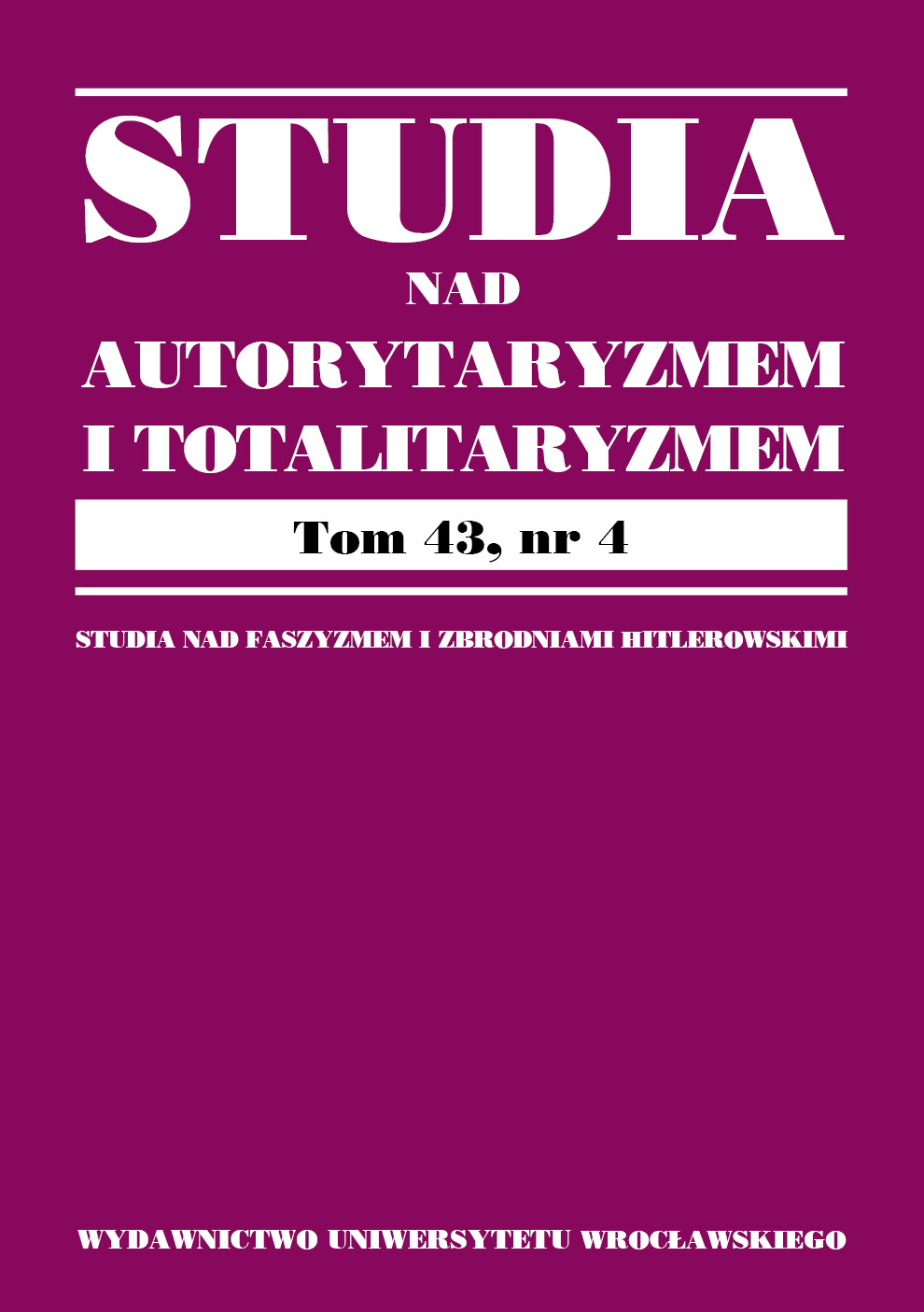

Artykuły

The regulation of civil law transactions during the Polish People’s Republic took place on many different levels. Among other things, the scope of state control over the performance of legal transactions also involved the obligation to document them. At the normative level, the code institution of the form of legal transactions reflected classical civilist concepts, typical for free-market relations. The aim of the study is to determine to what extent the principle of freedom of form expressed in the Civil Code was respected in practice, and to what extent the application of the rules on form made them another tool at the disposal of the totalitarian state to control transactions. Judicial jurisprudence seems to be the most appropriate area to analyze this problem. The article presents selected theses of the Supreme Court relating to the application of regulations on the form of legal transactions, formulated in the years 1964–1989, that is, from the enactment of the Civil Code to the beginning of the political and economic transformation towards democracy and free-market economy. The main considerations are preceded by a presentation of the code regulation of the form of legal actions with an indication of the basic functions, which — in the intention of the authors of the Civil Code — were ascribed to the form of legal actions. The part of the study devoted to the discussion of the jurisprudence explains, first of all, how the principle of the freedom of form was understood and how the provisions on the special form and the consequences of failing to observe it were applied. The conclusions that emerge from the analysis do not allow us to formulate a thesis about an ideological interpretation by the Supreme Court. In particular, it cannot be confirmed that the use of provisions on form testified to their instrumentalization. This leads us to reflect that the political conditions of the communist period did not preclude the Supreme Court from interpreting the law in a fully autonomous manner. For this reason, much of the case law from that period is still relevant.